The future that North Africa wants: A quest for insights
September 4, 2023
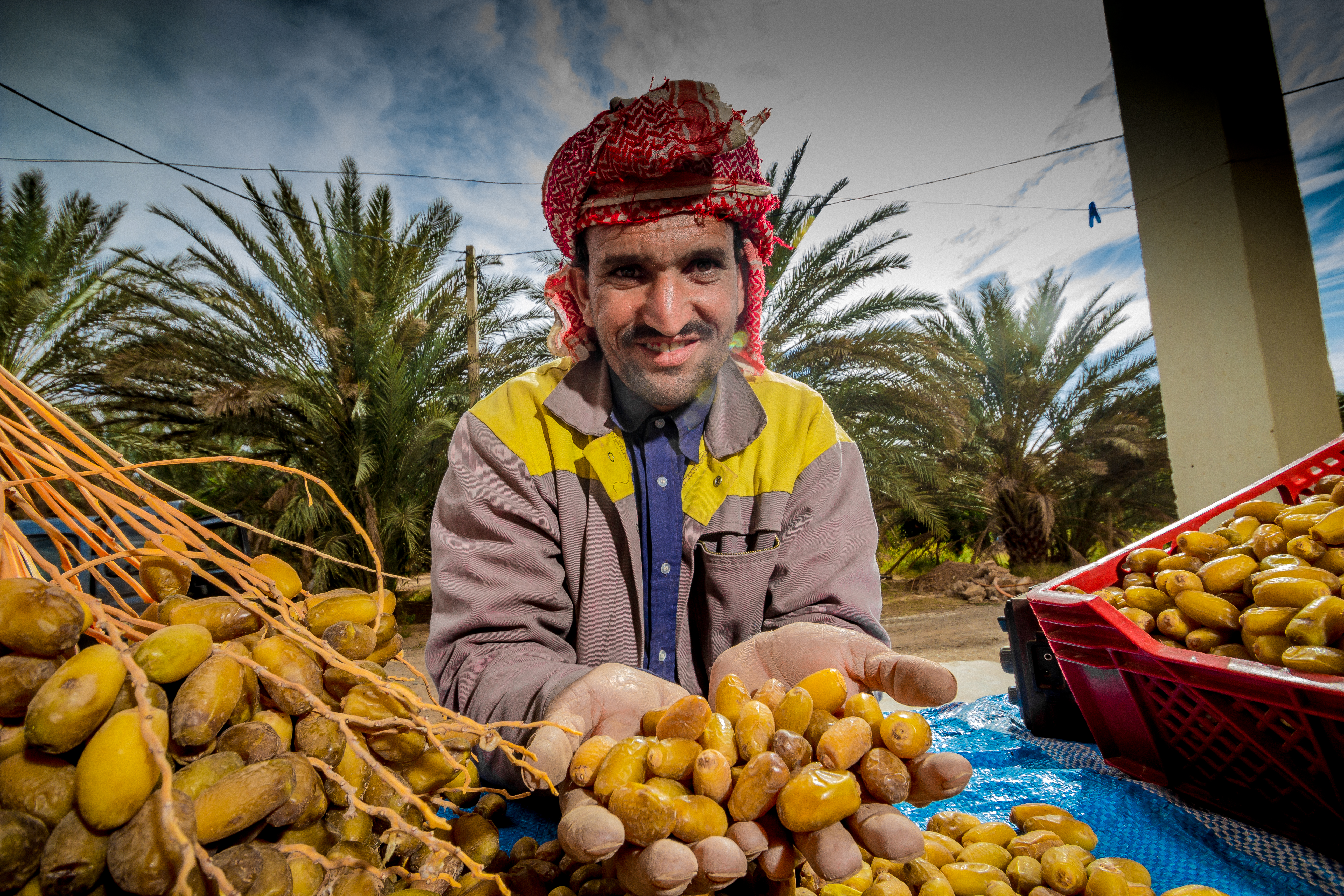
In 2011, Tunisian youth led the charge calling for a better future of dignity and hope—a call for economic opportunity, social justice and political freedoms that became the centerpiece of all subsequent calls for change that reverberated across the region. A year later, countries of North Africa (NA) actively joined the global dialogue on the future of international development, which, in 2015, shaped an international consensus on a plan to transform our world, for people and planet—the 2030 Agenda and its 17 Sustainable development Goals (SDGs).
Today, over a decade later and at the midpoint of the timeline set for fulfilling the promise of Agenda 2030, we find North African countries, alongside the rest of the Arab States region at risk of not achieving the SDGs, unless they raise the level of ambition and accelerate action for and investment in human development. According to World Banks figures for 2022, Algeria, Libya, Morocco and Tunisia, together with Egypt, account for almost half of the region’s population (44%) and a quarter of its GDP (25%).
The Future North Africa Wants?
Against this backdrop, UNDP is initiating this week, in Tunisia a new dialogue, starting internally and expanding to include multiple stakeholders over the next six months to facilitate a process of co-creation of the future of development in North Africa. Over five days we are bringing together human development experts and partners to explore with our country offices in North Africa avenues of action and collaboration that may lead the way forward to a prosperous and sustainable North Africa.
We initiate this dialogue not to revisit and lament critical development challenges that have been identified repeatedly in the past, but to collectively focus on how to address them. We start deliberations with no illusion that any of these challenges is a problem that can be solved alone, but rather submitting that development challenges are intrinsically interlinked and can only be addressed as “wicked problems” through “systems responses.” We also embark on this journey with no pretense that intra-regional cooperation and cross-border collaboration is a straightforward linear process. We are very cognizant of the pitfalls that have stifled the dream of an “Arab integration” over the past many decades.
Here are some of the questions that we will explore and hope to find guiding insights to lead our way.
Navigating a complex geo-political context and rethinking governance.
As development professionals, we know that development unfolds in a political context that may define boundaries, set constraints and shape outcomes. We will try to understand the comparative advantages —and limitations— presented by North Africa’s geopolitical context.
- How can North Africa maximize mutual benefits form its position as an integral part of the Arab States region?
- How can countries of North Africa benefit from an economically rising Africa?
- Can the position of North Africa as the frontier between Africa and a more affluent European Union, north of the Mediterranean be leveraged positively?
- Finally, how can cross-border development cooperation be fostered in cases of political disagreement, such as on the Western Sahara or on political polarization in Libya?
We also know from our experience on the ground, across that world, that governance is a defining factor for the success of development. Trust in government, strong and accountable institutions operating with transparency and integrity, active civic space and opportunities for genuine political participation and a commitment to upholding citizen’s rights are all critical to development success.
- How can the process of “delivery of development” help restore government-citizens trust?
- How can the tools of digitalization strengthen public administration and help in fighting corruption?
- Is human-rights-based development a realistic approach in the current context in North Africa?
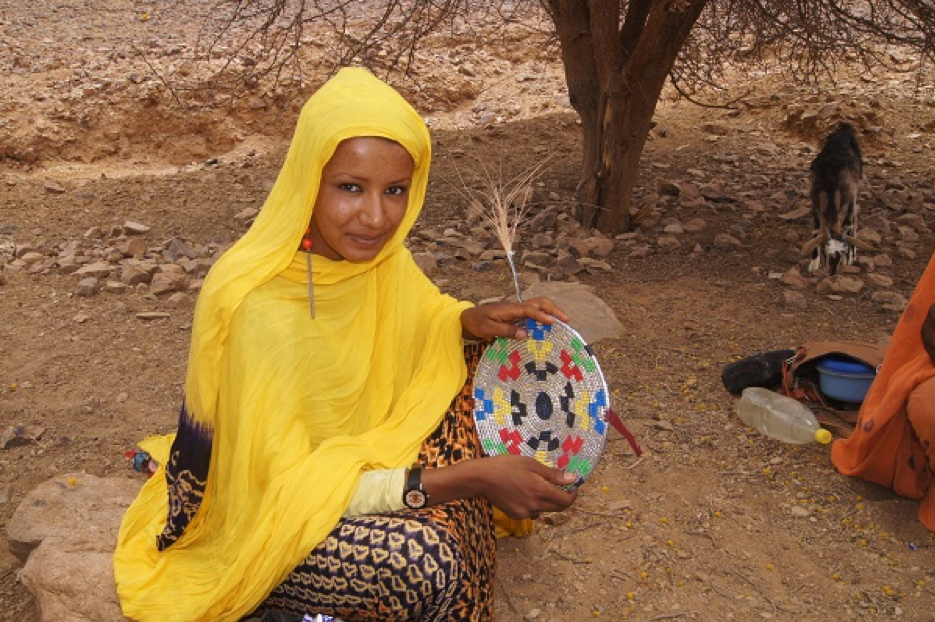
Accelerating economic diversification and green growth.
Economies in North Africa are struggling. Public debt is spiraling. Fiscal spaces are diminishing. Economies are unable to create jobs and facilitate economic progress for the people, especially youth, nor to offer necessary social protections or increase investments in pro-poor, job-creating sectors. Poverty is increasing and deepening, and disparities are intensifying.
- How can North Africa bolster Small and Medium-sized Enterprises and foster entrepreneurship and skill development?
- What economic opportunities can North Africa draw from digital transformation, energy transition and water solutions?
- What policy incentives can help strengthen North Africa private-sector investments in green energy infrastructure, energy efficiency, and sustainable agricultural practices?
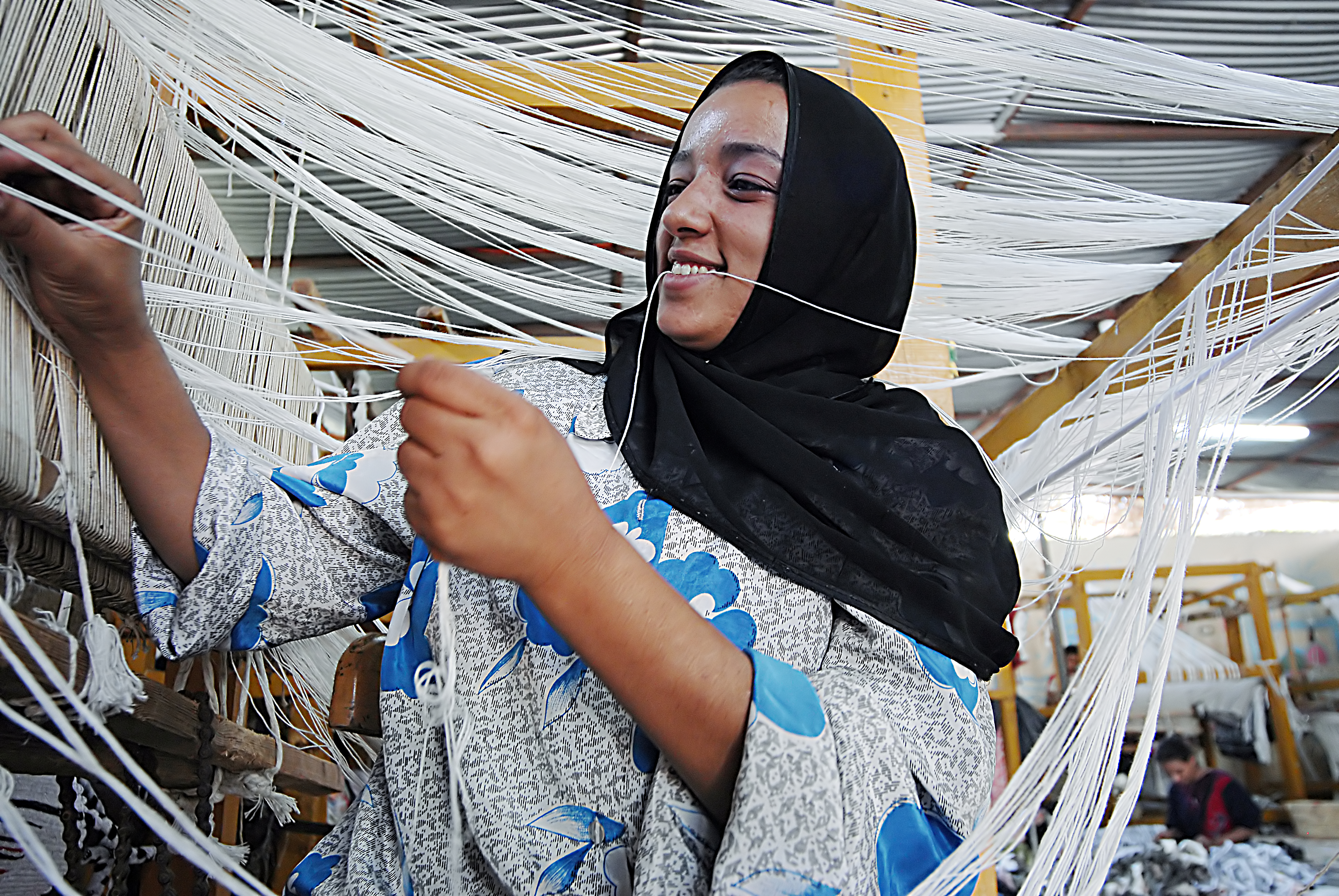
Addressing the trilogy of climate, energy, and water as an existential threat and promising opportunity.
North Africa stands out as a climate change hotspot, with warming rates 20% higher than the global average. Rising sea levels threaten coastal cities home to millions. Erratic rainfall patterns, diminished water reservoirs, and escalated evaporation rates have exacerbated levels of water scarcity in North Africa to dangerous levels. Home to some of the world’s highest levels of solar radiation, the share of renewable energy in the power mix in North Africa –except for Morocco— remains very low.
- How can North Africa build resilience to climate change and turn it into an economic opportunity?
- What policies and regulatory frameworks are critically needed for North Africa to attract investments and accelerate the energy transition?
- What have we learned from Morocco’s Ouarzazate and Egypt's Benban solar mega-projects that can help in scaling up a thriving renewable energy industry across North Africa?
- What technological and financial investments are needed in North Africa to enhance innovation in water solutions, including desalination, wastewater recycling and efficient irrigation systems.
- How can North Africa ensure equitably, dependable, and affordable access to energy and water for all citizens, especially those residing in remote or marginalized regions?
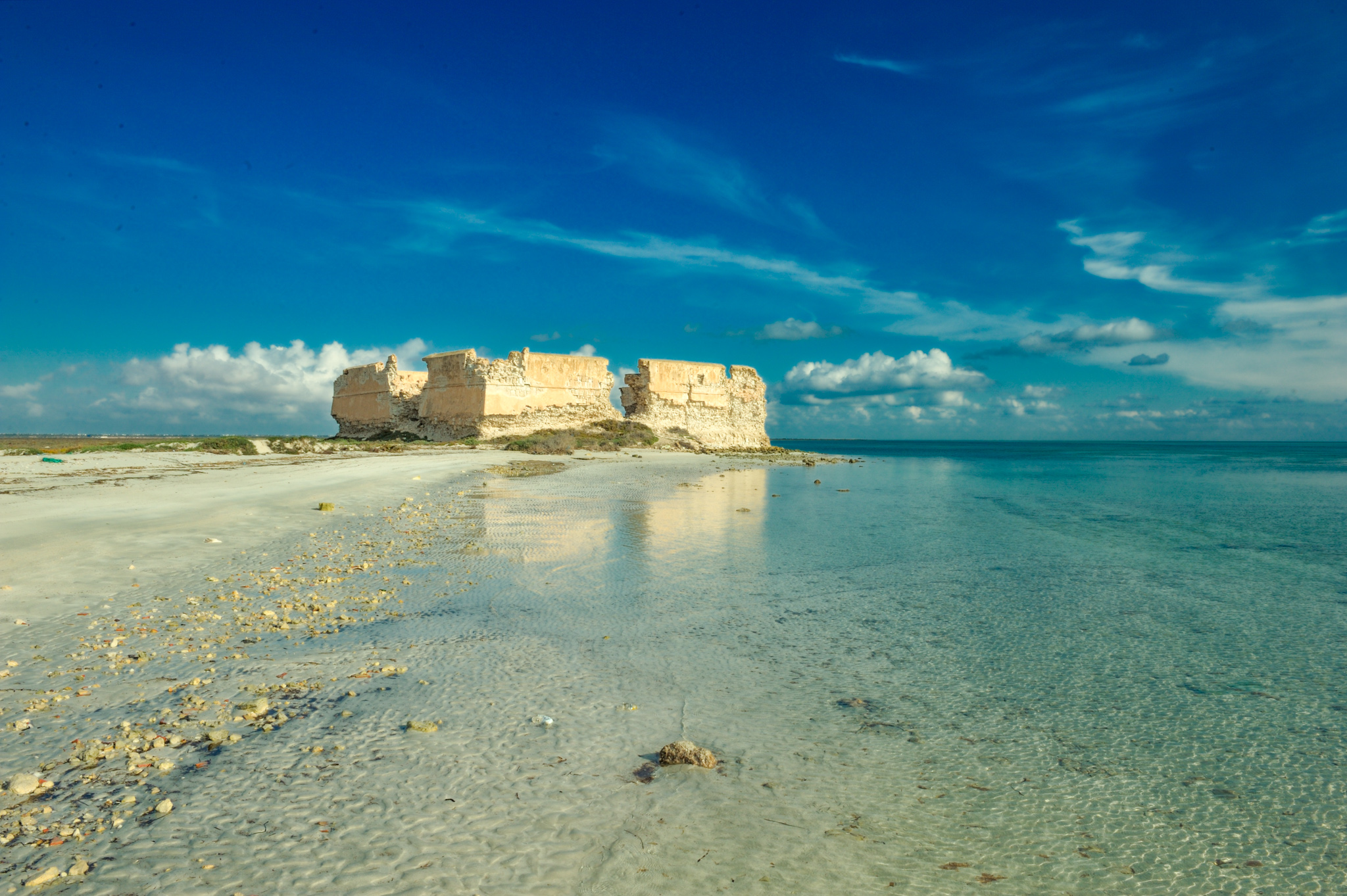
Harnessing mobility as a force for human development while curbing irregular migration.
The growing youth bulge in North Africa, the Sahel and the rest of Sub-Saharan Africa, coupled with worsening economic conditions, high unemployment and political instability, bring human mobility to the top of North African concerns. North Africa is becoming a wellspring of regular and irregular migration to Europe, and a key transit route to Europe as well as a destination for sub-Saharan Africans search for better opportunity. Remittances from migrants remain a crucial source for economic support to families and communities and contribute to local economic growth and investment initiatives.
- What forms of collaboration can be fostered between Europe, North Africa and Sub-Saharan Africa on strategic migration management that simultaneously mitigates risks and capitalizes on opportunities for all?
- How can North Africa countries manage security risks related to social tensions in communities receiving in-flows of migrants and associated public discontent rooted in long-standing socioeconomic grievances.
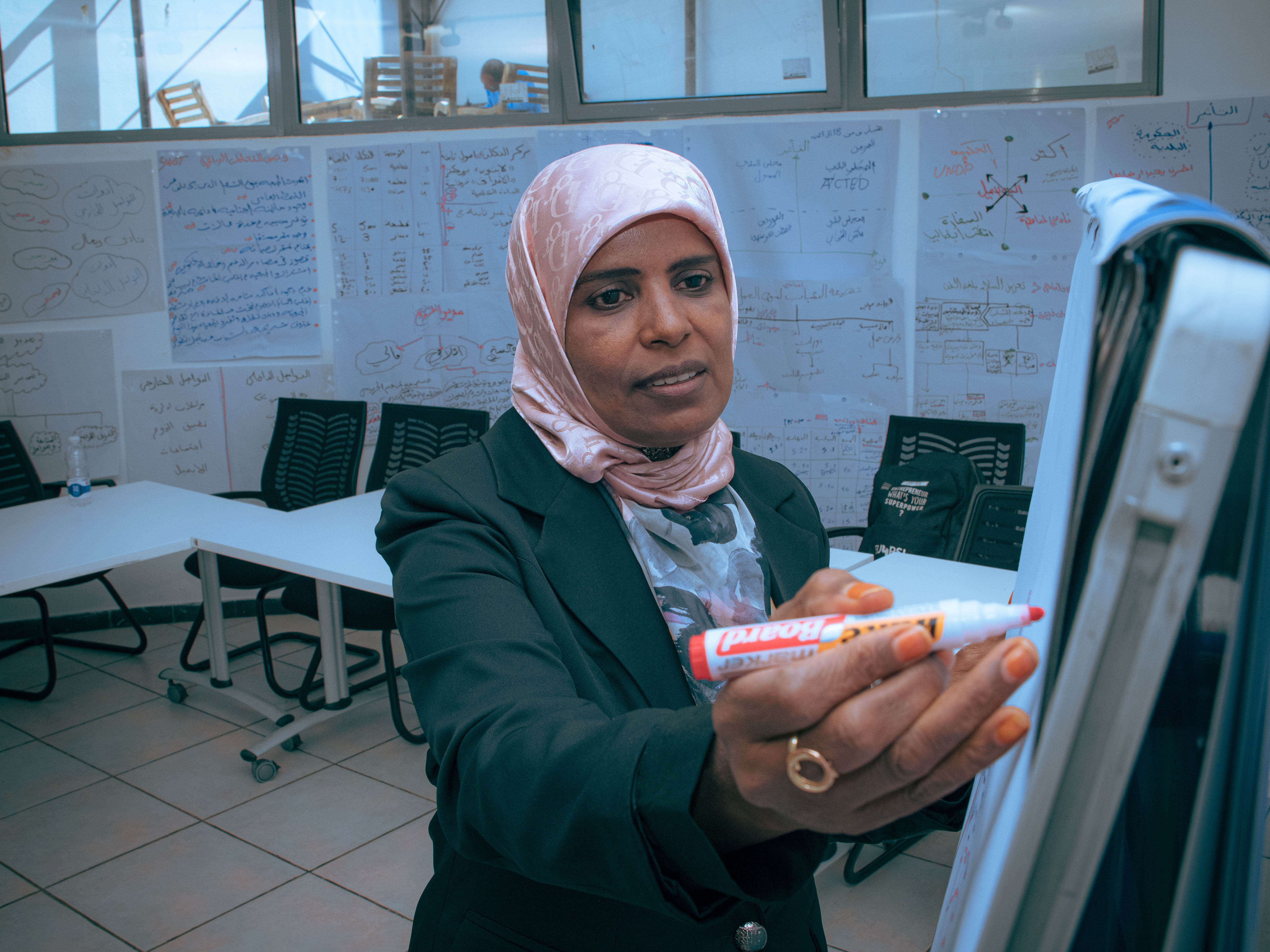
Entrenching equality and equal opportunity, especially for women.
Gender equality and women's empowerment persist as crucial challenges in North Africa, despite a dynamic spectrum of advancements that vary across the region's countries. Traditional and cultural norms deeply ingrained in the fabric of society continue to impose restrictions on women's rights and opportunities, notably in education, employment, and public decision-making domains. These limitations extend to legal frameworks and family codes, often failing to protect women and perpetuating gender-based discrimination that affects critical areas such as inheritance, divorce, and child custody.
A major characteristic of North Africa that is often overlooked is the diversity of its people encompassing a wealth of cultures, languages, and traditions. Ensuring equality among different ethnic and religious groups is key to safeguarding that diversity as a formidable source of strength in North Africa, which can be harnessed to drive innovation and enrich the social fabric.
- Given cultural and social proximity between North Africa countries, how can critical examples of “positive deviance” on gender equality, especially in legal, policy and regulatory spheres, be transferred cross borders and scaled-up?
- How can collaboration and skills transfer be enhanced within the North Africa region between women advocacy groups to help advance locally owned gender equality agendas?
- How can we ensure that our programming is informed by diversity and capable of capitalizing on it a force of development.
Looking forward is our only direction.
Skeptics may question this effort to galvanize a renewed vision for a North Africa development boost, citing similar previous attempts that may have not succeeded. Why will it work this time? What has changed? Why now? they may ask.
It may be clear from the questions above that we do not have all the answers, or most of them. But we have sound analyses, a deep understanding of this region and accumulated experience from across the world. We also have a solid base of partners with genuine interest in supporting a development renaissance in North Africa.
With this beneficent ammunition we enter our North Africa Development retreat hoping that the confluence of brain power between our teams, our experts and our partners that it brings together will deliver the insights we all need to move forward. We do not expect to emerge with fully developed programmes and strategic projects. But we trust that we will emerge with clear pathways to action and programme leads that we must follow-up on and will pursue to deliver the promise of human development for all the people of North Africa —a promise of hope, dignity and prosperity.

 Locations
Locations